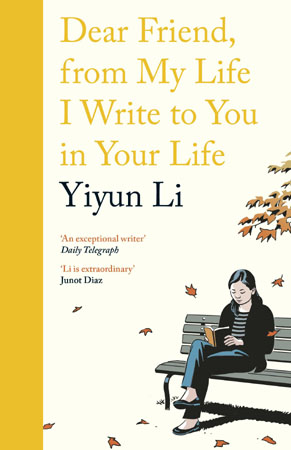One of my highlights from last year’s reading was participating in a Jean Rhys reading week. So when I saw that Waterstones Gower Street is doing a ‘Forgotten Fiction’ reading group where they’ll be discussing Jean Rhys’ “Voyage in the Dark” as well as Lynne Reid Banks’ seminal book first published in 1960, I jumped at the chance to read this classic novel for the first time. Before I even started reading I felt a big bout of nostalgia as I realized Reid Banks also wrote one of my favourite children’s books “The Indian in the Cupboard.” This imaginative drama takes place in a child’s bedroom where he can bring his toys to life and I connected with it so strongly when I was young. It’s interesting to now read Reid Banks’ gritty realist novel that represents the experience of being a single young woman whose father has thrown her out of their home for being pregnant. The novel incisively portrays the social prejudices the heroine Jane faces and the internalized shame she feels as a consequence, but also how her strength of will helps her endure and establish a new life for herself.
Although Jane works at a decently-paid job, after her father expels her from their house she moves into a seedy and bug-infested boarding house in Fulham. She feels that “In some obscure way I wanted to punish myself, I wanted to put myself in the setting that seemed proper to my situation.” The attic room she takes has an odd L-shape and twines around the room of her neighbour John, a black musician who increasingly becomes a devoted friend. Unfortunately, I couldn’t help wincing at Jane’s descriptions of John who she claims at different times to have an “animal” smell and a “negro odour.” This is symptomatic of a present-day difficulty with this novel. Although Jane’s position of being an unmarried pregnant woman who refuses to get rid of her baby must have been quite a radically liberal stance in her time, the way she describes people of colour and gay people is problematic and cringe-worthy.
Early on in the novel when she was working within an acting troupe she describes her antagonistic relationship with a gay actor who fancies her boyfriend Terry. She and Terry make out in front of this gay man to show him that they are “normal” and that he is not. Later on she visits a curry house and remarks how the Indians who serve her smile “in an enigmatic Eastern way.” It’s interesting thinking how progressive it must have been at the time to portray homosexuals and racial minorities in any way within a novel. However, no one could write such descriptions now without being considered bigoted. But, in a way, I’m glad that Jane’s provincial point of view is so blatant as it highlights her unconscious prejudices and how they contrast so sharply against the prejudice she receives as an unmarried pregnant woman in this time. She’s sympathetic and friendly with the racial and sexual minorities that she meets in the novel, but she was probably totally naïve about the way her attitude denigrated these people. Interestingly she seems more conscious of the effect her ex-boyfriend Terry’s anti-Semitic attitude has on her Jewish neighbour Toby.
None of this detracts from this novel’s moving and well portrayed story. Some of the strongest scenes show how powerless and vulnerable a woman in Jane’s situation was made to feel. She goes to visit a doctor to confirm her suspicion that she’s pregnant and she recounts how he realizes that she’s unmarried and therefore “he looked at me reproachfully. I stared back at him, feeling suddenly angry. I hadn’t come to him to be looked at like that. He wasn’t my father, it was nothing to him. But I couldn’t think of any stinging words to say; I just sat there, feeling angry and humiliated.” The scene devolves into an even more egregious situation. I felt totally outraged that someone in such a perilous situation should be lambasted with such moralistic judgement and shady medical practices in this era before the 1967 Abortion Act in England. Of course, the most biting and cruel scenes are when she receives contempt for accidentally becoming pregnant from her own father and the man she later falls in love.
Jane feels an overwhelming sense of shame when she understands the full extent of the public’s opinion of her: “I was right in the middle of a moment of truth, and it was still and quiet and empty in there, as it is supposed to be in the heart of a tornado.” However, the novel is certainly not all bleak as she also experiences wonderful moments of sympathy and kindness from strangers, a friend and another family member. Nor are doctors all bad once she manages to find a sensible one. It’s encouraging to read a story about someone who can survive and thrive despite the social stigma which has been attached to her – much in the same way as Joyce Carol Oates portrayed in her novel “We Were the Mulvaneys.” Where Reid Banks’ novel really excels is the complex way she shows how Jane can overcome her own self-loathing about her situation and transform it into a source of strength. I'm looking forward to going to the reading group and considering the parallels and differences between Jean Rhys' writing and Reid Banks'.
















